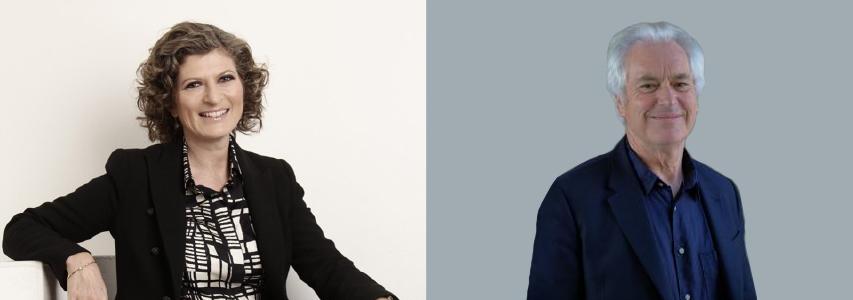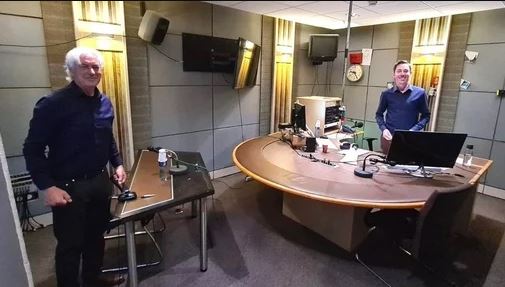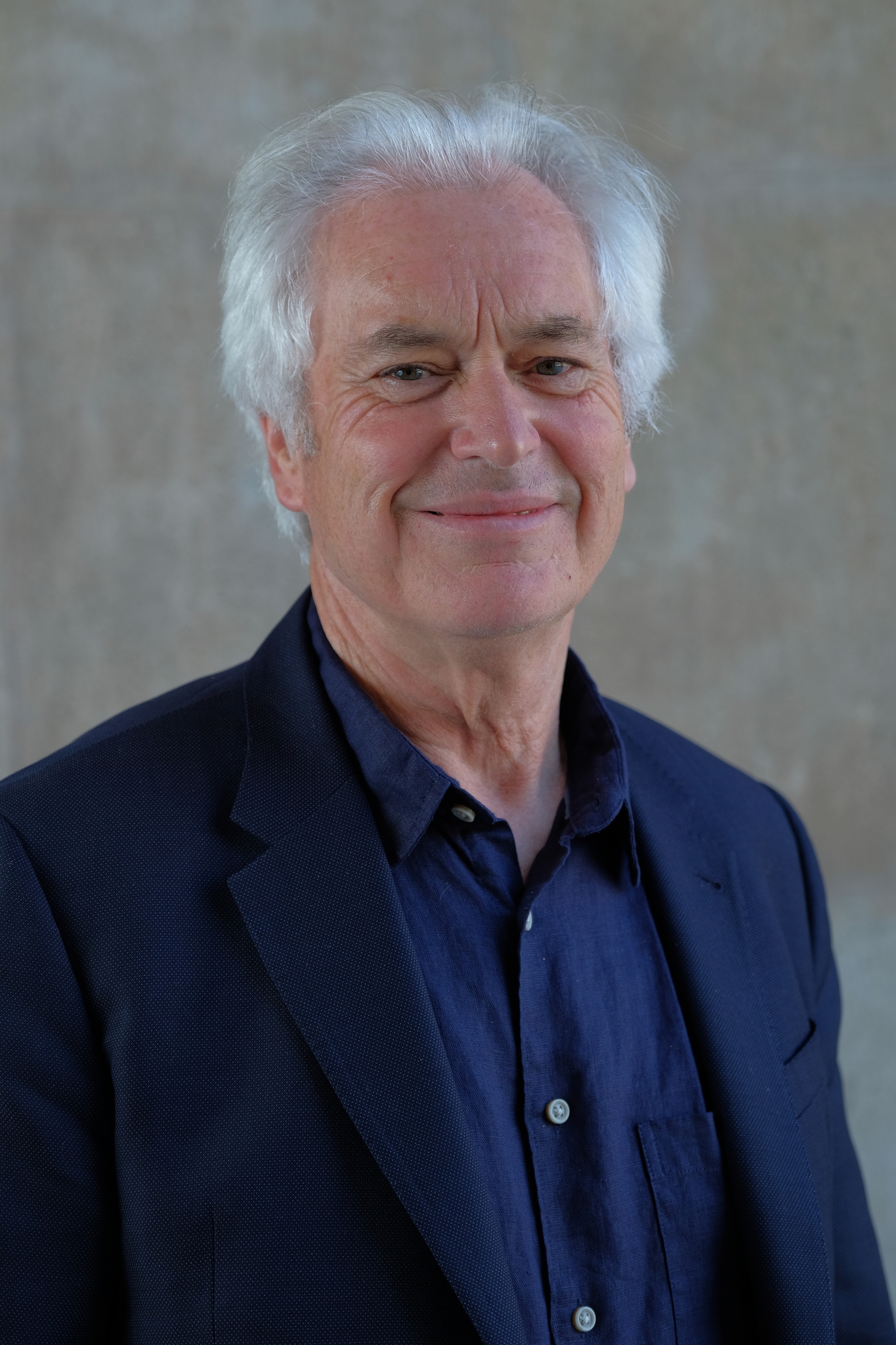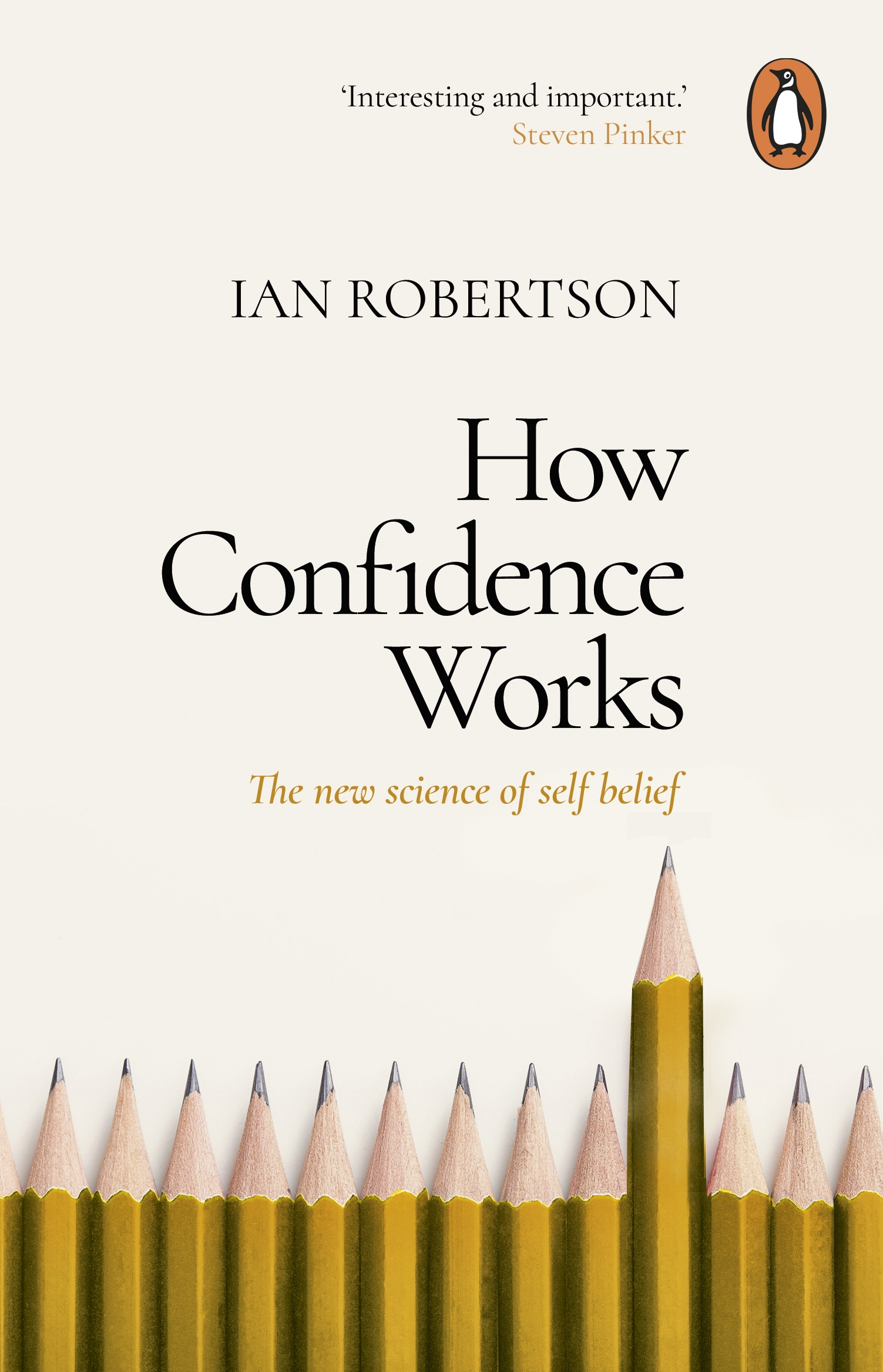The Psychologist editor Jon Sutton hears from Professor Ian Robertson about his new book, plus an extract.
Full interview is
here

The new book by Ian Robertson, Professor of Psychology at Trinity College Dublin, is How Confidence Works: The new science of self-belief, why some people learn it and others don’t. It is published by Bantam Press on 3 June, and our editor asked Ian about it. Plus an extract, on status seeking.
The book kicks off with tennis legend Venus Williams’ view that confidence is something that can be worked on every day, like going to the gym or training. Is there research from Psychology to back up that idea, that we can learn to be confident?
Yes there is, across the board in fact, in domains ranging from sport to ageing and anxiety management to work performance. Take cycling for example, where you can measure endurance by asking people to pedal until they are so exhausted they can’t continue. Young fit men and women did this in one study and cycled for an average 10 minutes before having to stop. Then half of them were taken aside by the researchers and taught to use confidence-enhancing self-talk phrases. For example, they learned to say you're doing well, feeling good, or push through this. They then had to say these phrases to themselves while doing their next exhaustion test a few days later. The self-talk group boosted their endurance by 18%, from around 10.5 to 13 minutes. They also felt less strain during the exercise than the other group, whose endurance-time didn't change at all(1).
In another study, researchers increased the grip strength of older people – an excellent predictor of mortality – by giving them confidence-enhancing false feedback about their percentile performance in a pretest. And they also felt much younger than their true age compared to a control group(2).
Treatment success for anxiety disorders has been found to be mediated by self-efficacy, with changes in symptoms trailing improvements in self-efficacy, but not vice versa(3). And a 2019 study in Nature(4) showed academic performance can also be improved by a single web-based session providing the evidence that intellectual abilities are changeable, not fixed and can improve in response to effort, learning new strategies, or asking for help. The effect was particularly strong for the low-achieving pupils, with their confidence in their ability to learn enhanced by learning that their abilities were not fixed.
Our cover feature this month is about a very visual representation of that confidence boost… the ‘power pose’.
Yes… that early finding, that an expansive, confident-looking power pose made people feel more confident, didn’t replicated well(5). But the apparent discrediting of ‘power posing’ as a confidence-booster was tempered by a 2020 review of all the studies on posture by Aarhus University researchers. They confirmed indeed that expanding your body in space with wide stance or spread-out shoulders and arms doesn’t raise confidence much at all. However, they did conclude that shrinking your posture with folded arms, bowed head, hunched posture and folded legs diminished peoples’ confidence quite significantly(6). So, learning to change posture can contribute to higher confidence – as can many other methods across most domains of human activity. For example, women’s confidence in their ability benefits from adopting an ‘implementation mindset’ where they are focused on delivering on clear selected goal, compared to a ‘deliberative mindset’ where they are musing over the pros and cons of a range of potential personally-relevant goals(8).
You call confidence ‘a bridge to the future’, ‘at the core of what makes things happen’, by combining ‘can do’ about the inner world with ‘can happen’ about the external world. Presumably that bridge can lead to bad places too?
Indeed it can, so let’s take one example. Adam Neumann, former CEO of WeWork, believed that his company’s meteoric rise and scale could solve the world’s biggest problems and told the New York magazine that he needed the largest possible valuation of his company so that he could provide help with issues of global warfare, saying: ‘There are 150 million orphans in the world. We want to solve this problem and giv





